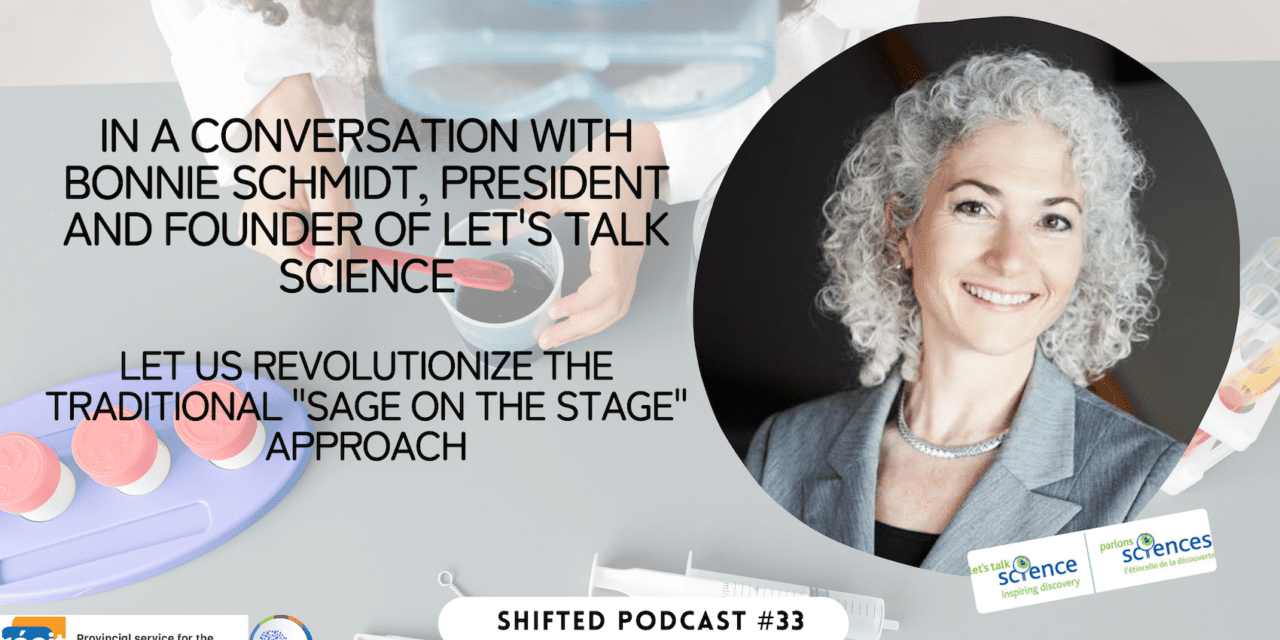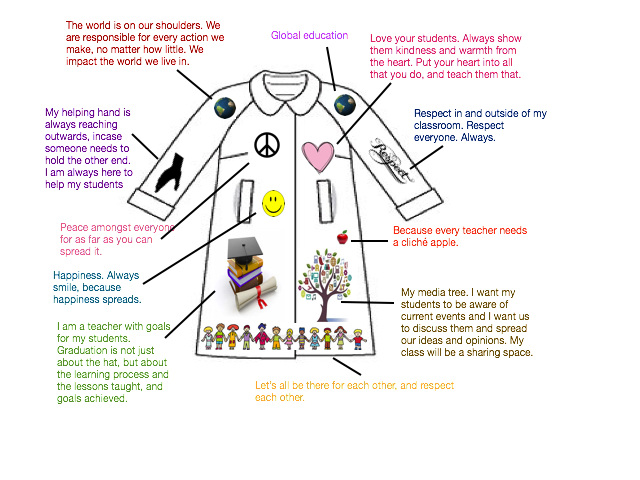In our recent podcast episode, LEARN engages in a compelling conversation with Bonnie Schmidt, President and Founder of Let’s Talk Science, an organization dedicated to promoting STEM (Science, Technology, Engineering, and Mathematics) education. The discussion delves into Bonnie’s personal journey into science education, the founding and objectives of Let’s Talk Science, and the broader implications of STEM/STEAM education in today’s society. This blog post will break down the key themes and insights from the episode, offering actionable advice and thorough explanations for educators, policymakers, and anyone interested in the future of education.
Journey into Science Education
Early Influences and Passion for Science
Bonnie’s journey into science education began with early influences from her mother, a trained nurse, which created an environment rich in discussions about health and life sciences. However, it was a particularly animated high school biology teacher who truly ignited her passion for science. This teacher’s enthusiasm made biology come alive, encouraging Bonnie to pursue a career in the sciences.
Overcoming Challenges and Finding Direction
Initially aiming for a career in dentistry, Bonnie faced challenges with physics and calculus in University and failed the manual dexterity test for dental school. This setback led her to a crossroads, but with the mentorship of a female scientist at Western University, she pursued graduate training. It was during this time that Let’s Talk Science was born, aiming to bridge that gap and promote science education.
The Role of Teachers in STEM Education
Teachers as Catalysts for Learning
The conversation emphasizes the critical role of teachers in shaping students’ interest in STEM. Bonnie highlights that teachers are catalysts for learning, capable of sparking curiosity and engagement in their students.
Supporting Educators
Let’s Talk Science recognizes the importance of supporting teachers by providing resources and training to help educators foster a love for science in their students. The organization believes that teachers need to feel empowered and supported in their roles to effectively inspire the next generation of scientists and innovators.
Founding Objectives of “Let’s Talk Science”
Initial Goals and Evolution
Founded in 1991, Let’s Talk Science initially aimed to connect high school teachers with University resources to enhance science education. The response from local teachers was overwhelmingly positive, leading to a collaborative effort to understand teachers’ needs and how to better support them. As the organization evolved, it began to focus on broader objectives, including curriculum development and community engagement.
Structured Approach to Education
By 1993, after completing her PhD, Bonnie recognized the need for a more structured approach to connect post-secondary institutions with K-12 education. This marked the beginning of a more concerted effort to understand and address the challenges faced by teachers and students in the STEM fields.
Challenges in the Canadian Education System
Fragmentation and Common Threads
Canada has no centralized ministry of education, with each province and territory developing its own curriculum. Despite this fragmentation, Bonnie highlights common threads in science education across the country, particularly due to initiatives like the Pan-Canadian Framework on Science Protocol established in 1999. This framework has helped create a foundation for curriculum development that promotes consistency across provinces.
Preparing for the Future
Bonnie argues that a solid foundation in STEM is crucial for students to thrive in an increasingly complex world. The mission of Let’s Talk Science is to help young people fulfill their potential and prepare for the demands of citizenship and the workforce. While the specific jobs of the future may be difficult to predict, the skills and competencies developed through STEAM education are essential.
Integrated Approach to Learning
An integrated approach to learning that encourages creativity, critical thinking, and problem-solving is vital. Bonnie advocates for breaking down silos in education and fostering a more holistic approach that encourages collaboration and interdisciplinary learning.
Moving Beyond Traditional Methods
Traditional teaching methods often involve memorization and rote learning, which can stifle creativity and engagement. Bonnie highlights the importance of fostering a more holistic approach to education that encourages collaboration and interdisciplinary learning.
Canada 2067 Initiative
Shaping the Future of STEM Education
The Canada 2067 initiative aimed to shape the future of STEM education in Canada. Launched during the country’s sesquicentennial celebrations, the initiative engaged a wide range of stakeholders, including youth, educators, policymakers, and industry leaders, to envision the future of STEM education.
Insights and Outcomes
Through public polling and youth summits, the initiative gathered valuable insights on what students and educators want for the future. Although the project has concluded, the outcomes continue to inform the work of Let’s Talk Science and other educational organizations.
Conclusion
This podcast episode highlights the vital role of educators in fostering a love for science and the importance of initiatives like Let’s Talk Science in bridging the gap between research and education. Bonnie’s journey and insights underscore the need for a collaborative, integrated approach to STEM education that prepares students for the challenges of the future. By supporting teachers and promoting innovative teaching practices, we can ensure that all students have the opportunity to thrive in an increasingly complex world.




